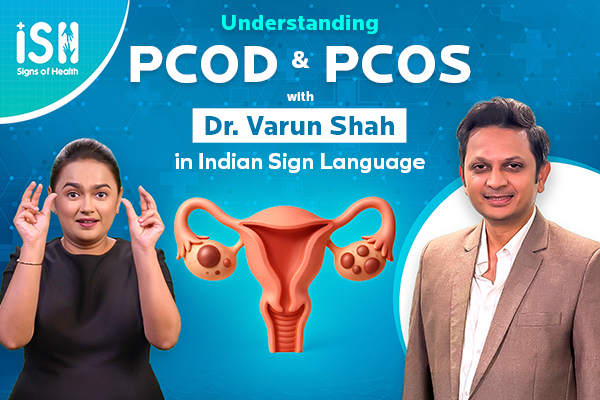Caffeine: Friend or Enemy?
Caffeine, in moderation, boosts alertness but excessive intake can lead to various side effects, so understanding safe limits and alternatives is crucial for overall health.
How many cups of coffee or tea do you usually drink in a day? Many people rely on caffeine to wake up & keep going through the day. Caffeine is a naturally occurring substance found in leaves, seeds & fruits of more than 63 different plant species around the world. It temporarily delays fatigue, helps keep us alert & improves our concentration. It can even enhance athletic performances, lower the risk of type 2 diabetes & reduce water weight. But how much caffeine is too much and what are its side effects? According to one of US’s top medical research & academic center Mayo Clinic, 400 milligrams of caffeine a day is safe for most normal & healthy adults. The 400 milligrams is equivalent to 4 standard cups of tea or coffee. Different brands of coffees, teas, soft drinks & energy drinks contain different quantity of caffeine. The intake of caffeine also largely depends on the person’s health status, age & allergies. While caffeine is safe for normal & healthy adults, it is not recommended for children below the age of 12 years. Teens aged between 13 – 17 years are advised to consume only 100 milligrams per day. Pregnant women & breastfeeding mothers can consume up to 200 milligrams of caffeine per day but must do so after consulting their doctors. Even among healthy adults, excessive caffeine can cause side effects and may not be a suitable choice for those who are sensitive to certain side effects or are on some medications. Drinking more than 400 milligrams of caffeine can cause headache, diarrhea, insomnia, migraine, irritability, anxiety, muscle tremors, increased palpitation/heartbeat & frequent urination. Some people may be more sensitive or allergic to caffeine and can suffer from these side effects even from very small dosage. The effects of caffeine can be felt as soon as within 15 minutes of consumption. It lasts in our body for a good 6 to 8 hours. Therefore, drinking caffeinated drinks during the afternoon can also disturb one’s sleep cycle. Hence, it’s recommended not to consume caffeine after 4 pm as it can shorten the length of your night sleep. Some medications can react strongly with caffeine in our body and may cause major health risks like high blood pressure, seizures, stroke, heart attacks etc. Therefore, it is always recommended to ask your doctors if you can consume caffeine products with the medications you’re taking or not. If you’re looking to change your caffeine habits, you can do so by gradually cutting back the intake and keep a note of your caffeine consumption. To learn more, you can watch ISH Satvik movement video “Watch This if You Drink Tea or Coffee” on our YouTube channel. If you drink caffeine to reduce fatigue & tiredness and to gain energy you can opt for caffeine-free ways like eating a balanced diet, staying hydrated, taking a power nap, connecting with nature, and exercising. You must always check the caffeine content on all products & can also opt for other drinks like coconut water, juices & herbal substitutes. We at ISH have made a video showing 3 herbal tea & no-coffee coffee recipes for all of you. These recipes will give you the same taste & joy of drinking a regular tea or coffee. Yes, Caffeine has become a vital part of the adult daily routine but it’s not a necessity of the human body. While it usually doesn’t cause health problems, it’s better to be aware of Caffeine’s side effects & be ready to cut it off if necessary.







